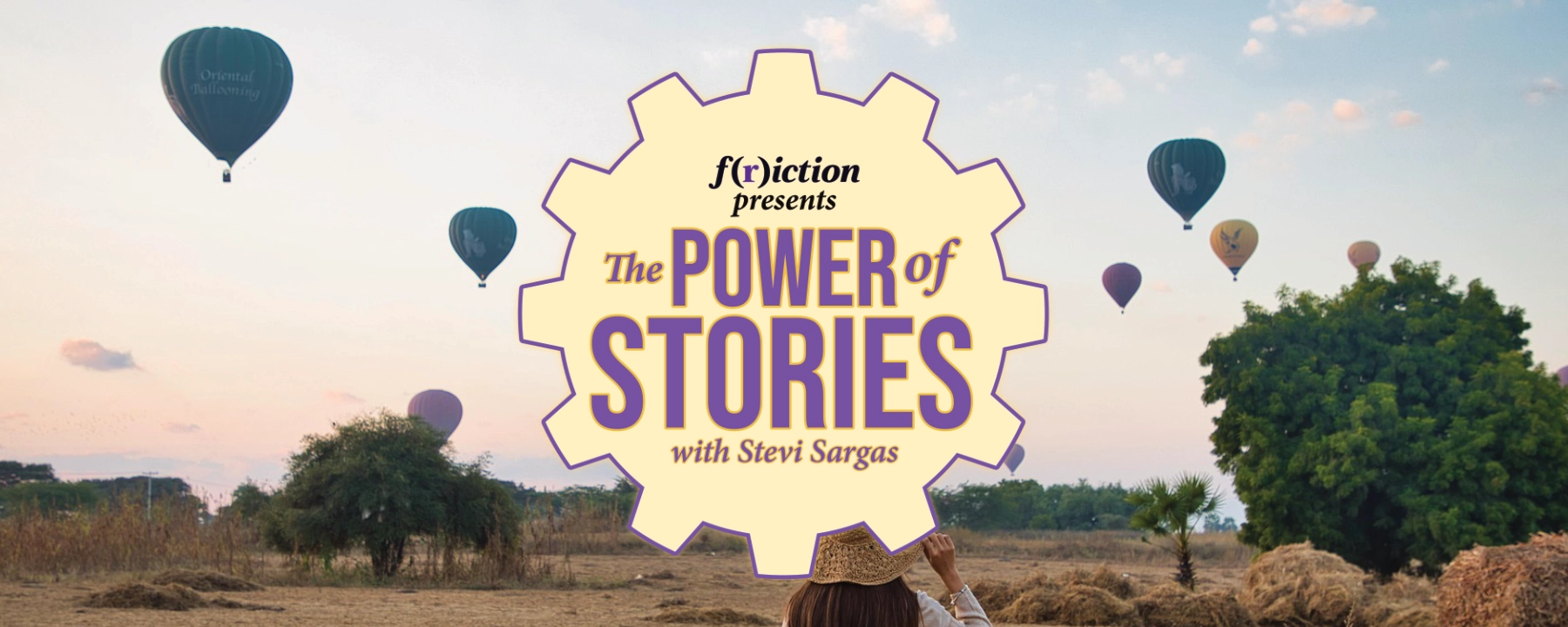
Stories as Escapes
Words By Stevi Sargas
There’s a certain magic in opening a book, pushing play, or plunging into an immersive video game and feeling the world around you fade away. For a moment, the weight of your to-do list, the hum of your worries, and the noise of the everyday dissolve. You’re no longer just you—you’re a hobbit setting off on an unexpected journey; a space explorer probing uncharted galaxies, or a detective unraveling a mystery that keeps you guessing until the very last page. This is the power of escapism, and it’s far more than just a way to pass the time. It’s a lifeline, a sanctuary, and sometimes, a source of hope.
J.R.R. Tolkien, the mastermind behind The Lord of the Rings, once defended escapism as something more profound than mere avoidance. He argued that escaping into stories isn’t about running away from reality—it’s about finding the strength to face it. In his essay On Fairy-Stories, Tolkien wrote, “Why should a man be scorned if, finding himself in prison, he tries to get out and go home? Or if, when he cannot do so, he thinks and talks about other topics than jailers and prison-walls?” Stories, in this sense, are a form of liberation. They remind us that there’s more to life than the walls we sometimes find ourselves trapped within. They offer us a glimpse into our essential humanity—where courage triumphs, where love endures, and where even the smallest person can change the course of the future.
A mirror to the real world
But escapism isn’t just about connecting with our inner worlds. Sometimes, the most powerful escapes are the ones that reflect the external world back to us. Take, for example, the growing representation of minority perspectives in media. Stories like Heartstopper, which explores queer joy and self-discovery, or The Hate U Give, which tackles systemic injustice with unflinching honesty, provide more than just an escape—they offer a roadmap. They show us that even in the midst of struggle, there’s room for growth, connection, and resilience. These stories don’t just help us escape; they help us return to our own lives with a renewed sense of purpose and possibility.
And then there’s the solace of shared experiences. Have you ever read a line in a book or watched a scene in a movie that felt like it was written just for you? Stories offer us the realization that we’re not alone in our thoughts, our fears, and our dreams. As actor and author Alan Bennett, best known for exploring the isolation of the mind in his play The Madness of King George III, once wrote, “The best moments in reading are when you come across something—a thought, a feeling, a way of looking at things—which you had thought special and particular to you. Now here it is, set down by someone else, a person you have never met, someone even who is long dead. And it is as if a hand has come out and taken yours.” That’s the magic of storytelling: it bridges the gaps between us, connecting us across time, space, and experience. It reminds us that our struggles, our joys, and our hopes are part of the larger human tapestry.
More than just distraction
Escapism, at its core, is more than just distraction. It’s about finding the courage to imagine a better world—and, in doing so, finding the strength to create it. Whether it’s through the pages of a book, the glow of a screen, or the shared experience of a story told aloud, escapism offers us a chance to recharge, reflect, and reconnect. It’s a reminder that even in the darkest of times, there’s light to be found—and sometimes, that light comes from the most unexpected places.
So, the next time you lose a day binge watching your faves, don’t feel too guilty. You’re not just escaping; you’re healing. You’re exploring. You’re finding the tools you need to keep going. And who knows? The story you escape into today might just be the one that helps you change your world tomorrow.
The Power of Stories is a limited blog series that dives into the ways stories weave themselves into the fabric of our lives. It’s an invitation to reflect on how narratives—whether passed down through generations or splashed across the big screen—shape who we are, how we connect, and the worlds we imagine. Each post peels back a new layer of storytelling, and next up we’re digging into storytelling as food; from what fuels us creatively to the importance of curating one’s own ‘media diet.’
Suggested Reading: Stories about Escape from F(r)iction:
- ‘All Fairytales Are About Longing’ by Jordon Brown, F(r)iction Log
- ‘Brilliance–A Comic Memoir’ by Juaquin Mobley, F(r)iction #21: The Unseen Issue
- ‘Good As Gold–A Comic Memoir’ by Jaron Jay Cook, F(r)iction #23: The Gods Issue
- ‘The Humid Maze of Life’ by Claire Julian, F(r)iction Log